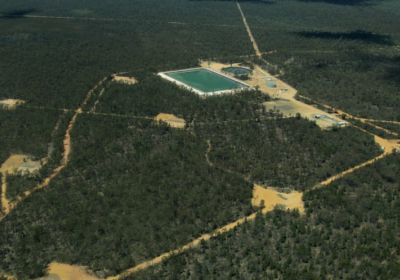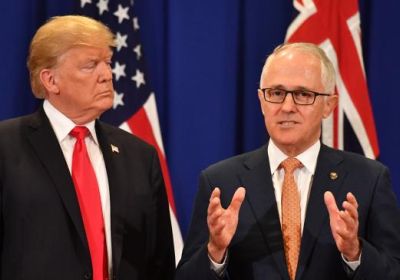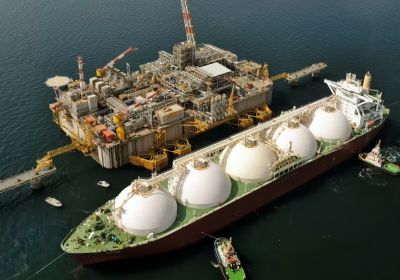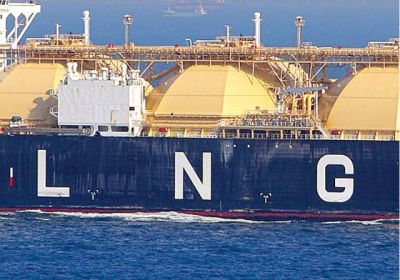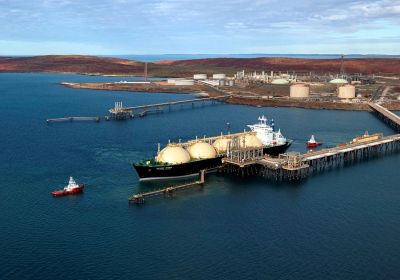
Multinational gas corporations are expected to sell $50 billion worth of Australia’s liquefied natural gas (LNG) overseas every year, but it will be at least 10 years before the national treasury receives any rise in tax revenue. Even then, many projects will never pay any tax to the government for the resources they export.
